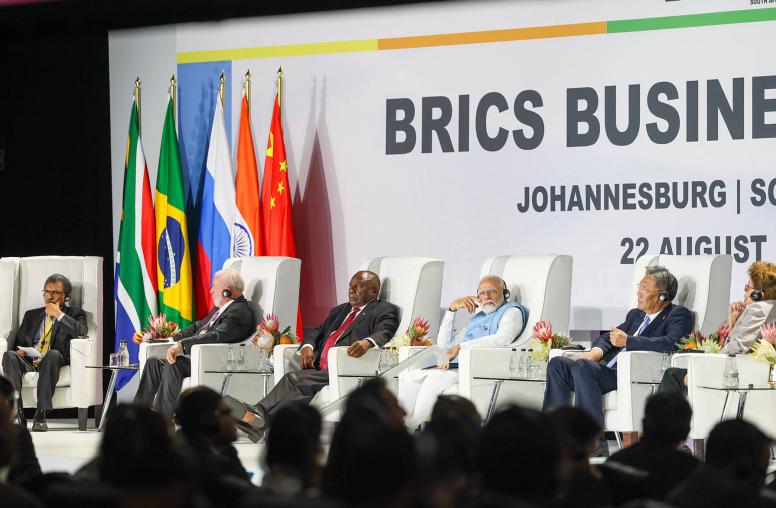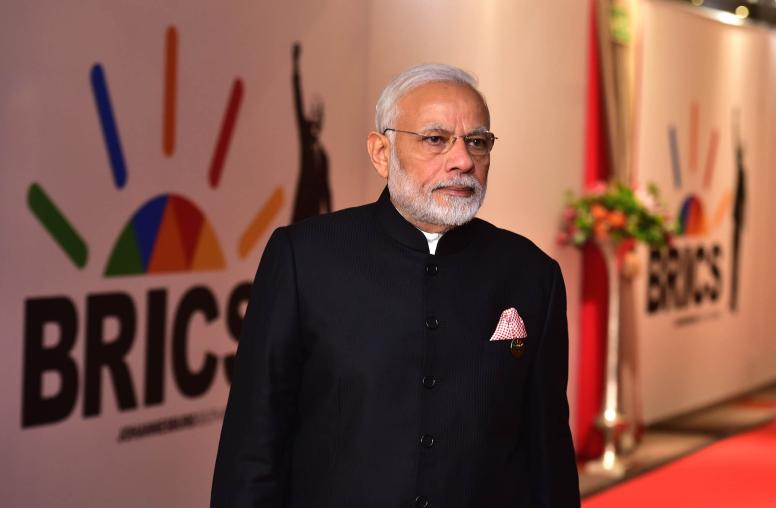Bargaining for Peace
THE USIP BOOKSTORE IS TEMPORARILY UNAVAILABLE
Signed by all the major political and labor leaders in 1991, the National Peace Accord-- a countrywide network of peace committees at the local, regional, and national levels--served as an extraordinary and daring experiment in conflict resolution. Gastrow describes the initiatives and events that led to the signing of the accord, exploring in particular the important roles played by religious groups and the business community. Noting that the NPA is without precedent internationally, he examines its impact on political violence, the democratization process, and socio-economic reconstruction and development in South Africa.



